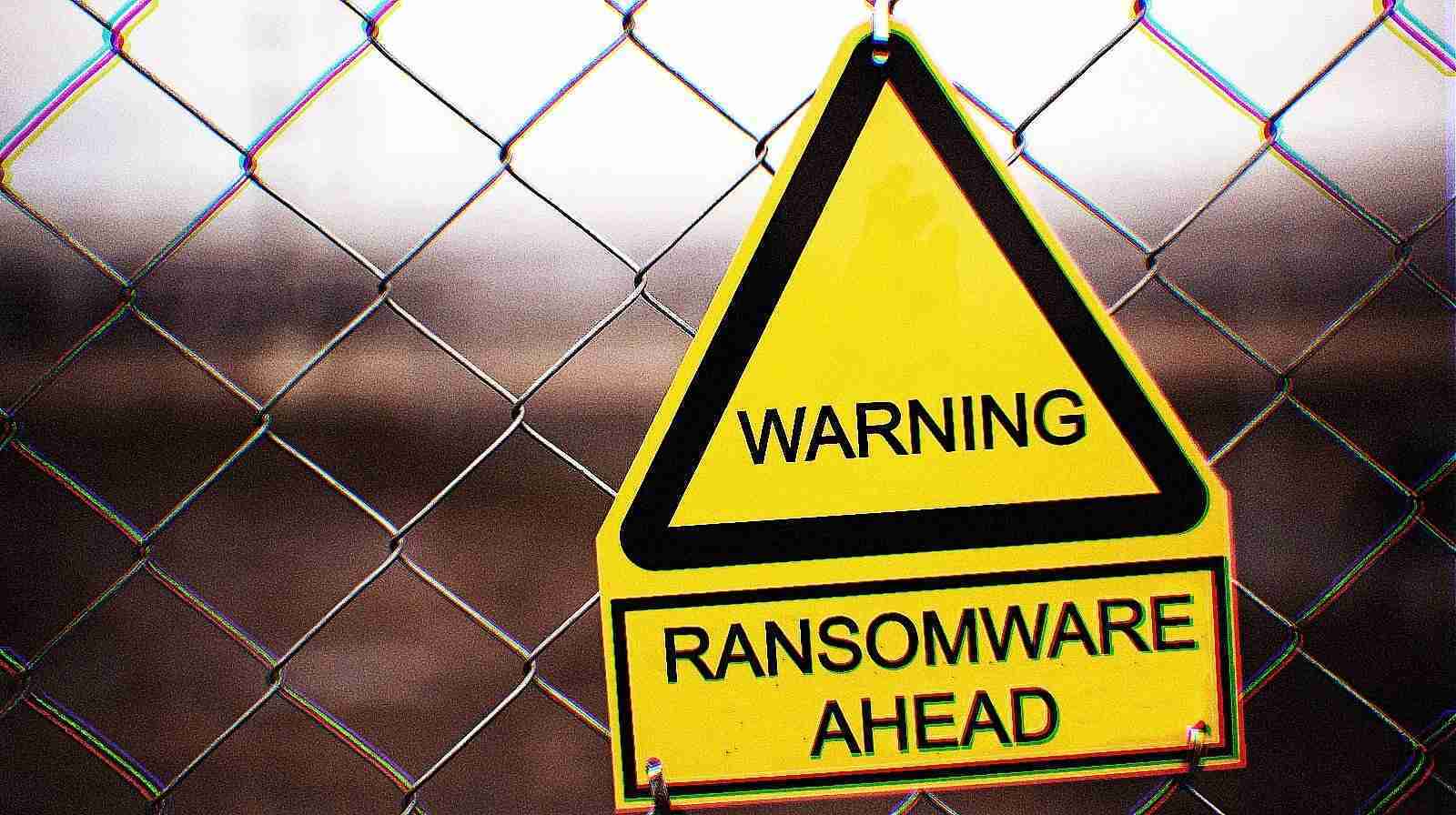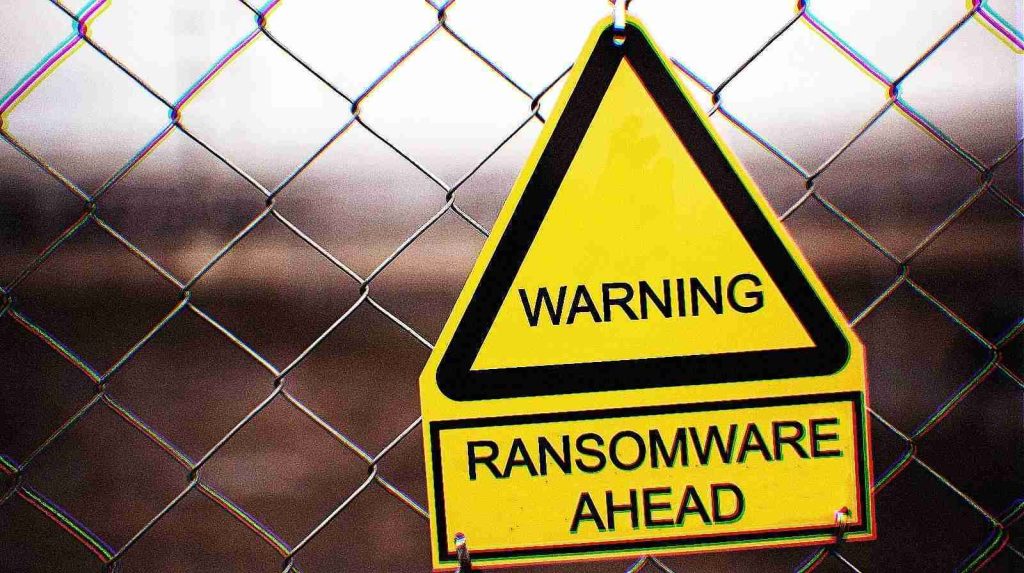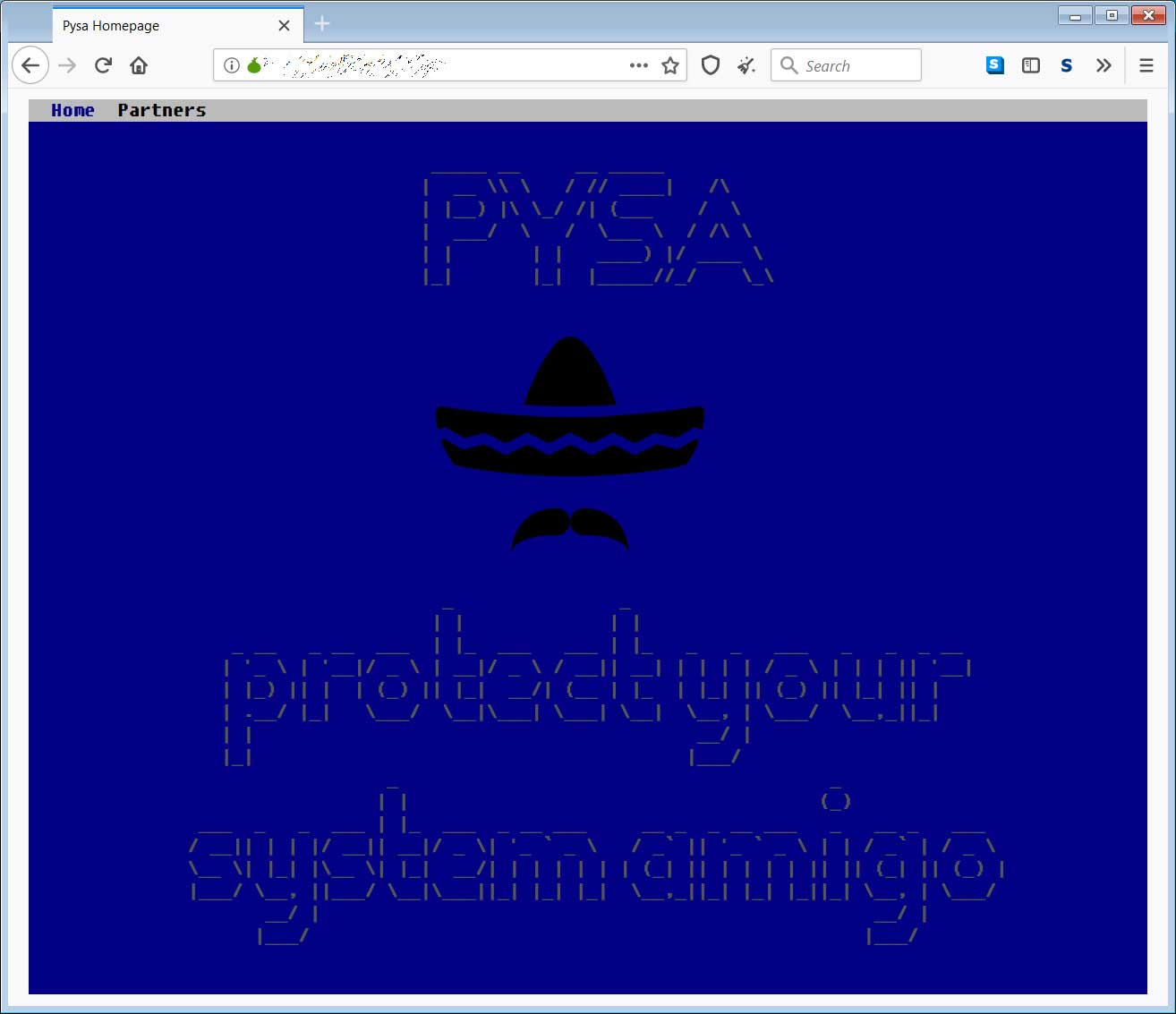KEEP IN TOUCH
Subscribe to our mailing list to get free tips on Data Protection and Cybersecurity updates weekly!







The Federal Bureau of Investigation (FBI) Cyber Division has warned system administrators and cybersecurity professionals of increased Pysa ransomware activity targeting educational institutions.
The CP-000142-MW flash alert issued by the FBI today was coordinated with DHS-CISA and it provides indicators of compromise to help guard against the malicious actions of this ransomware gang.
“Since March 2020, the FBI has become aware of PYSA ransomware attacks against US and foreign government entities, educational institutions, private companies, and the healthcare sector by unidentified cyber actors,” the FBI says in the TLP:WHITE flash alert.
“FBI reporting has indicated a recent increase in PYSA ransomware targeting education institutions in 12 US states and the United Kingdom. The unidentified cyber actors have specifically targeted higher education, K-12 schools, and seminaries.”
The FBI recommends not paying Pysa ransomware’s ransoms since giving in to their demands will most likely fund future ransomware attacks and encourage them to target other potential victims.
However, the FBI understands the damages educational institutions face following such attacks and urges them to report the attacks as soon as possible to the local FBI field office or the Internet Crime Complaint Center (IC3), regardless of their decision to pay for a decryptor or not.
Reporting the attack will provide “critical information” like phishing emails, ransomware samples, ransom notes, and network traffic logs which could help prevent or counter future attacks, as well as identify and hold the attackers accountable for their malicious activity.
Pysa (also known as Mespinoza) was first spotted in October 2019 when companies started reporting that new ransomware was being used to encrypt their servers.
The ransomware operators are known for manually deploying the payloads to encrypt the victims’ systems following a reconnaissance stage, after gaining access to their networks through phishing emails or using stolen/compromised Remote Desktop Protocol (RDP) credentials.
This ransomware gang is also known for disabling anti-malware and antivirus solutions on their victims’ networks before deploying the ransomware payloads.
They also collect and exfiltrate sensitive files from the victims’ networks, including personally identifiable information (PII), payroll tax information, and other types of data that could be used to force the victims to pay a ransom under the threat of leaking the stolen info.
After the network survey and pre-deployment stages, Pysa actors will drop a ransomware executable that adds a custom .pysa extension to all encrypted files on all connected Windows and Linux devices.
A custom ransom note is also dropped on encrypted systems in Pysa ransomware attacks, a ransom note that includes the organization’s name, a link to Pysa’s Tor site, and a link to the data leak site where the ransomware gang threatens to publish the stolen data.
Also Read: 3 Reasons Why You Must Take A PDPA Singapore Course

In December, the FBI, the Cybersecurity and Infrastructure Security Agency (CISA), and the Multi-State Information Sharing and Analysis Center (MS-ISAC) have also warned malicious actors targeting K-12 educational institutions in the US.
The three government agencies warned that ransomware, malware, and DDoS attacks are the main threats to K-12 educational institutions after such attacks increased at the beginning of the school year, with the cybercriminals threatening to leak data stolen in the attacks unless a ransom was paid.
The joint advisory also warned of DDoS attacks causing disruptions of normal operations in the K-12 sector and highlighted risks related to social engineering via phishing, domain typosquatting against students, parents, faculty, or IT personnel.
K-12 educational institutions were advised to take a set of actions which, along with Snort signatures created by CISA to detect and protect against attacks with observed malware, should complement other defense methods.
In January, the FBI sent another security alert warning private sector companies of Egregor ransomware attacks actively targeting and extorting businesses worldwide.
Also Read: What You Should Know About The Data Protection Obligation Singapore
Today, the FBI also shared a list of recommended mitigations that should help detect and block Pysa ransomware attacks against educational institutions: